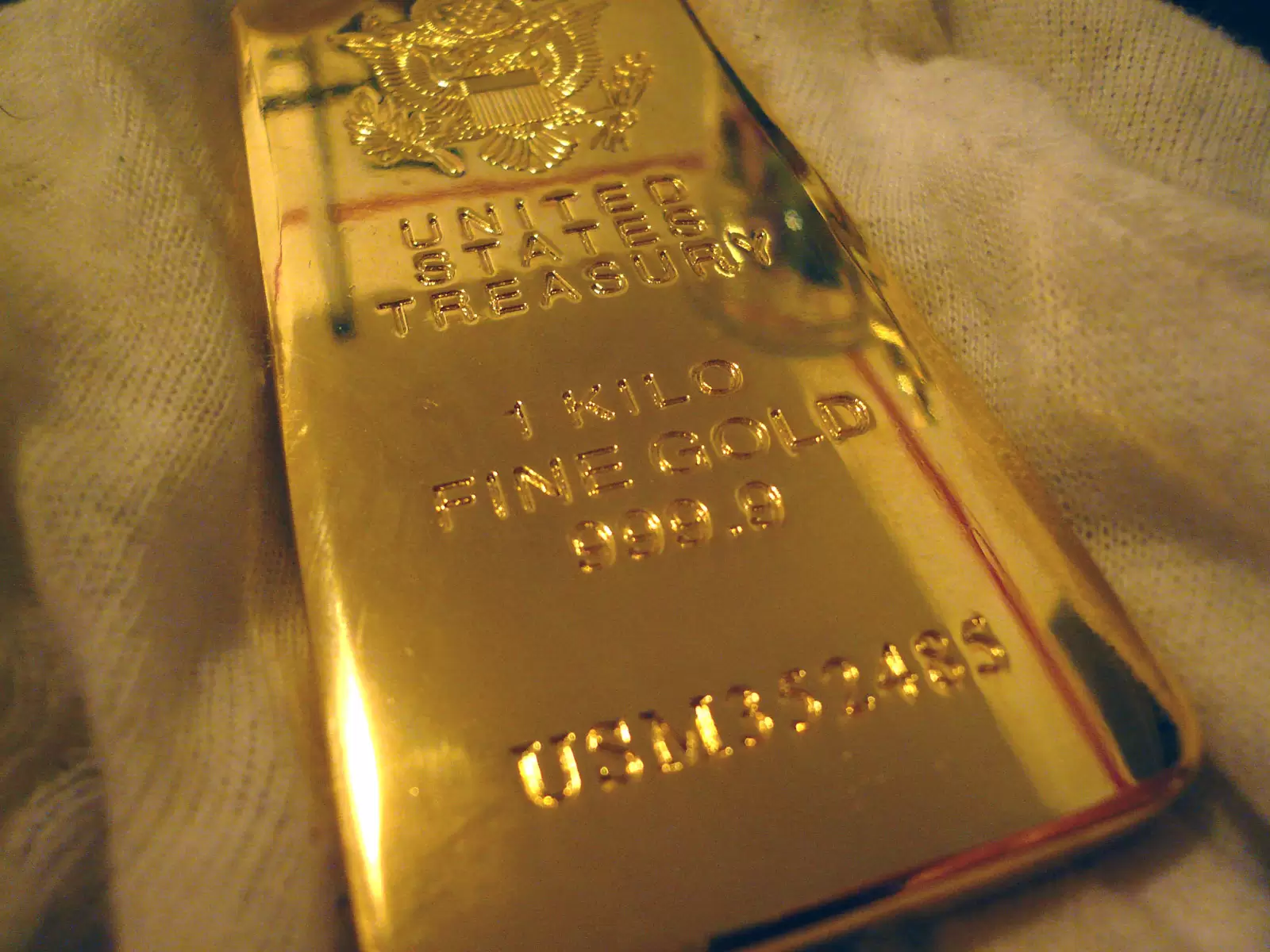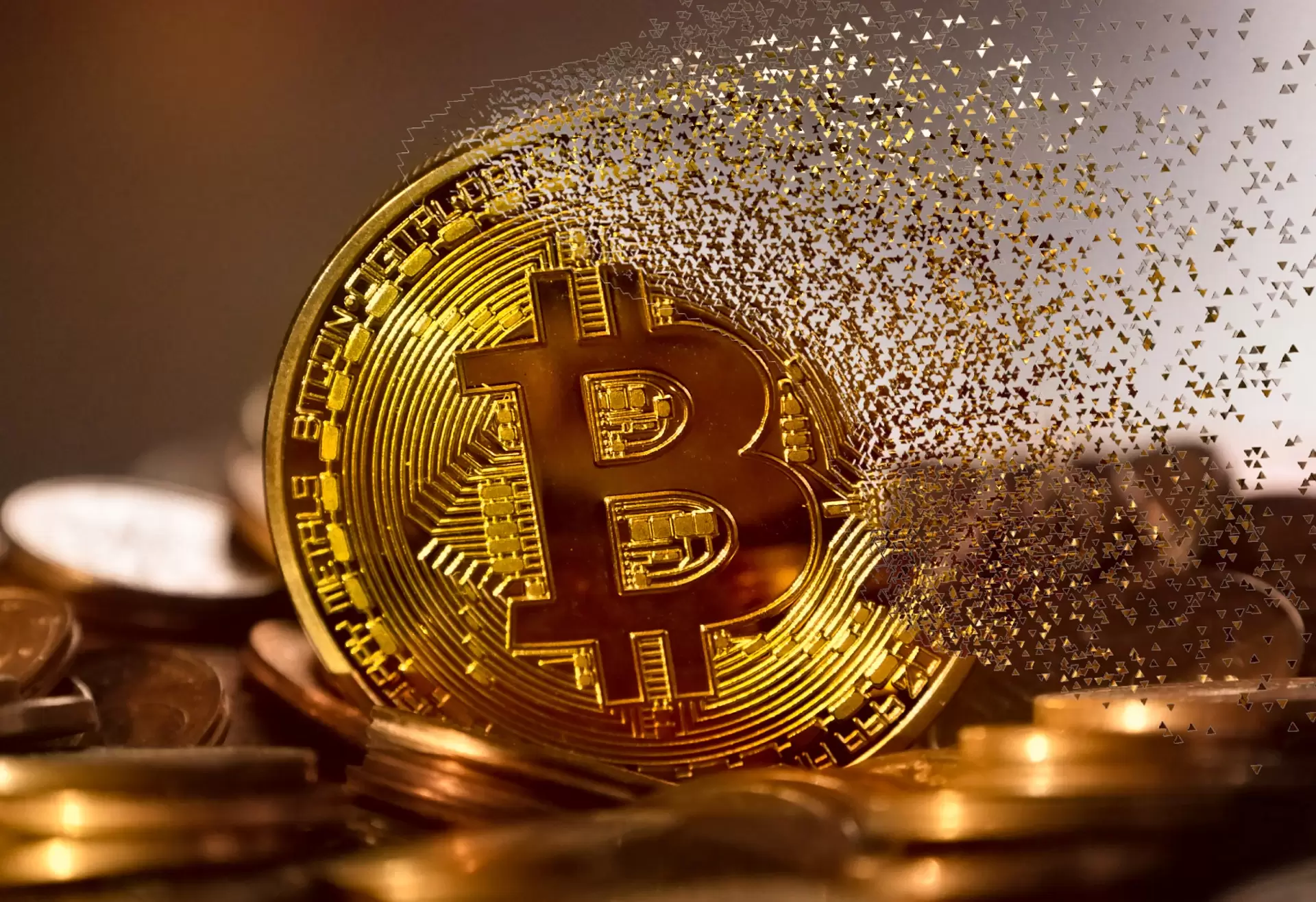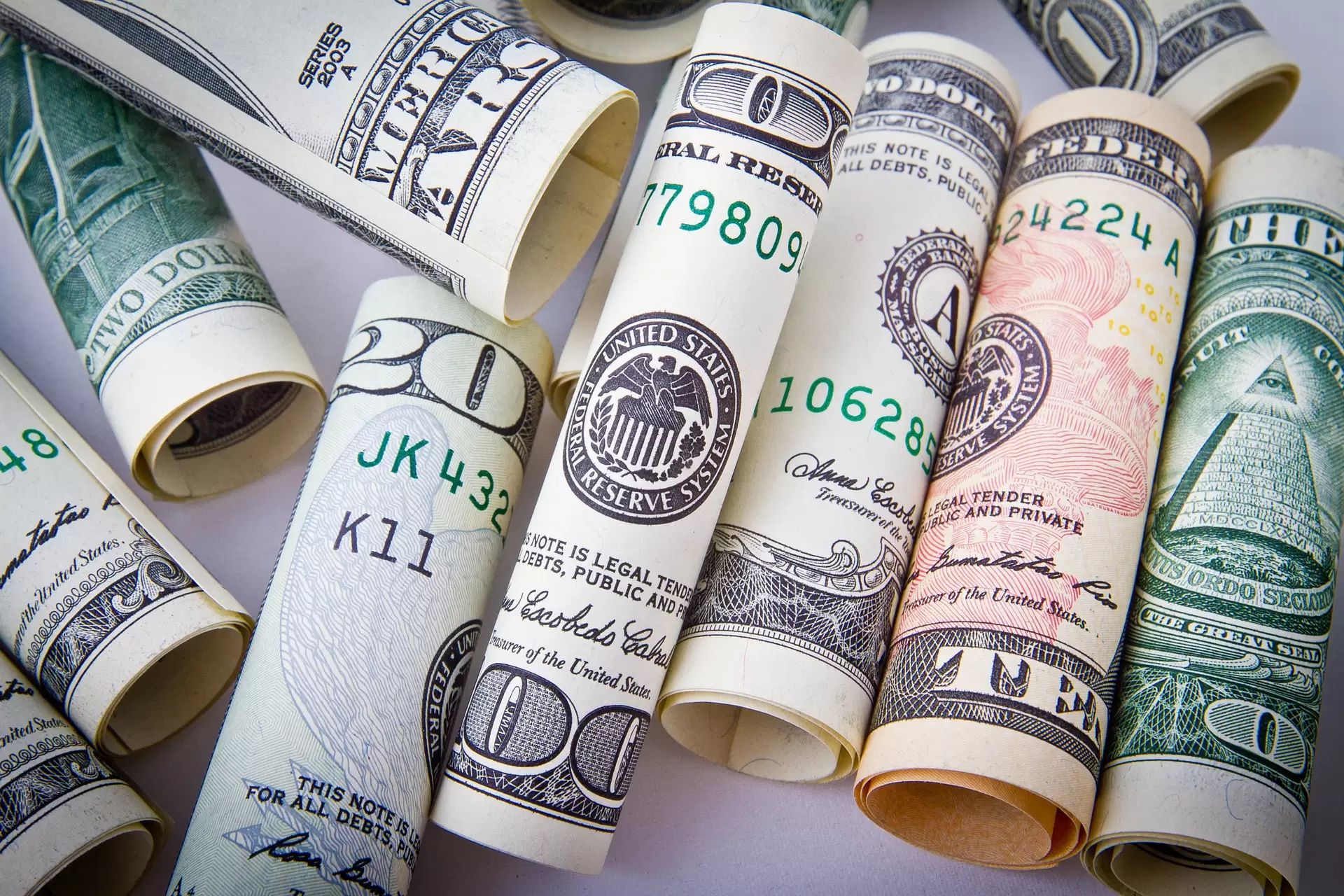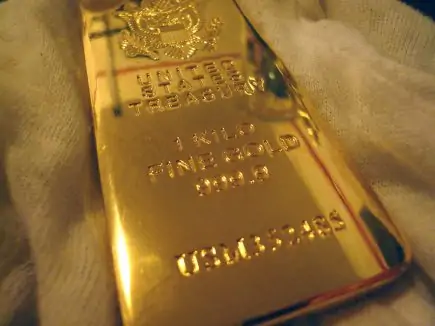
Right now is the time to evolve our thinking when it comes to personal finance.
Yes, you should be frightened about the seriousness of the coronavirus pandemic. You’re not paying attention if you’re not scared.

Please wash your hands, practice social distancing, and stay at home. These are bad times and we must do what we can to cope.
However, we must almost admit that having enough money in the foreseeable future will be a crisis as dangerous as the coronavirus pandemic.
Like many people, I am stuck at home following local quarantine ordinances. I haven’t left my home in 14 days, which was the last time I went to the supermarket.
I worry about our world. But I also worry about my personal finances.

I pride myself on not being a conspiracy theorist. However, it dawns on me that states may be reopening due to the financial strain of paying for tens of millions of unemployment claims.
What happens if there is a second or third wave? The newly unemployed will have to apply again.
Bad economic times are coming for everyone.
These columns are written as personal account of my ambitions to learn from my past financial mistakes. (I’ve made a lot more than one.)

So, I am learning that I must invest in gold sometime soon.
The Gold Standard of Money
Have you noticed that governments all over the world are printing billions and trillions of dollars to cope with the coronavirus?
That is a lot of money being printed on political need, economic crisis, and under the potential threat of future runaway inflation.
This isn’t money created on value.

Money used to be backed by the, “gold standard.” Before 1933, an American could exchange the equivalent value of money in gold in a bank.
During the Great Depression, everyone ran to their local bank. To protect the government’s financial integrity,
President Franklin D. Roosevelt ended the gold standard in 1933.
Central banks and foreign interests could continue the practice. President Nixon officially ended the gold standard in 1971.
Still, governments, the 1% elite, and corporations still transact and hoard gold. The strength of a government is measured in how much gold it owns.

OK. So, whats with the socioeconomic history lesson?
Well, if gold is so valuable, why do you and I have fiat currencies in our pockets?
Think I’m judging you? Then why did I wait so long to think about these things?
The only thing more terrifying to me right now than catching COVID-19 is being without money.
It’s time to make more money and make the right investments.
Golden Futures
I’m very fortunate. I’ve been telecommuting as a writer for many years now.
I guess it is easy for me to say to you to invest and save more money during a pandemic.
My thoughts are still valid.
Since no one is traveling or going on vacation, tourism industry stocks are ripe for the picking.
It may be 5 years before people patronize airlines, cruise ships, and hotels at pre-2020 levels.
Remember, the time to invest in Bitcoin was a decade earlier, not during the cryptocurrency fad of 2017.
Strategically investing in tourism now will pay off in 5 to 10 years.
And remember, gold is money. It was the universal currency for hundreds of years, if not longer.
One ounce of gold has a market value of $1,700. Gold isn’t cheap. I am not pretending otherwise.
Given current events, we all have other priorities.
Still, if you’re lucky enough to be working, you need to save what you can and think about your financial future.
People with a lot more money than you are already doing so.

Gold is on my list of future portfolio investments. I can’t invest tomorrow, but I will soon.
Take care of yourself. Stay safe. And think more about your financial future.
Read More
Should You Do Anything Above Pay Grade?
Is it OK to go on Vacation When you owe Money?
Shoring Up Gig Economy Prospects As COVID-19 Rages
The COVID-19 Era is the Best Time to Invest in Tourism
How Can Coronavirus Affect Your Credit Score
Allen Francis was an academic advisor, librarian, and college adjunct for many years with no money, no financial literacy, and no responsibility when he had money. To him, the phrase “personal finance,” contains the power that anyone has to grow their own wealth. Allen is an advocate of best personal financial practices including focusing on your needs instead of your wants, asking for help when you need it, saving and investing in your own small business.

